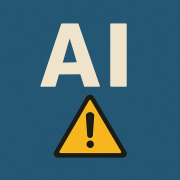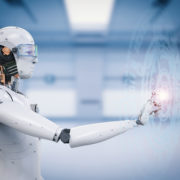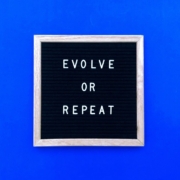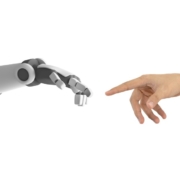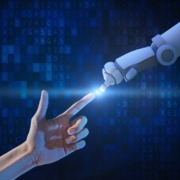Expanding Your Horizons – and Taking Your Job

Suddenly, every company seems to have mastered AI. Judging from their marketing, you’d expect sentient robots scurrying about making all their products bigger, faster, and more personalized; making every business more profitable, efficient, and agile, etc. etc. etc.
Predictably, the hype often exceeds the ability to execute. For instance, as reported in the Harvard Business Review:
In 2013, the MD Anderson Cancer Center launched a “moon shot” project: diagnose and recommend treatment plans for certain forms of cancer using IBM’s Watson cognitive system. But in 2017, the project was put on hold after costs topped $62 million—and the system had yet to be used on patients. At the same time, the cancer center’s IT group was experimenting with using cognitive technologies to do much less ambitious jobs, such as making hotel and restaurant recommendations for patients’ families, determining which patients needed help paying bills, and addressing staff IT problems. The results of these projects have been much more promising: The new systems have contributed to increased patient satisfaction, improved financial performance, and a decline in time spent on tedious data entry by the hospital’s care managers.
Recommending hotel rooms doesn’t require the advanced computing skills that one would immediately associate with artificial intelligence. There are a finite number of hotels in any given area. Travelocity seems to have this one covered.
But that’s the point. AI is presented popularly as a ‘brave new world’ technology that will, (according to the Microsoft commercial), open new vistas of human experience.
In fact, AI is less likely to expand your mind and more likely to take your job. Process automation is the most common type of “AI” initiative. This includes tasks like, inputting and consuming information from multiple IT systems and updating customer files with address changes. Such initiatives can save time and money, but a big part of putting the “AI” halo all over these is to make people forget that they also cost jobs, which guarantees a lack of planning to deal with those job losses.
Automation is the greatest threat to workers. The Guardian reported that 38% of jobs could be lost to automation in the next 15 years. Jobs that “share a predictable pattern of repetitive activities” are the most likely to be at risk. But if you think that’s only retail and blue collar jobs, think again. According to Bloomberg, accountants, budget analysts, administrators, marketing specialists, medical technologists, paralegals, and loan officers are professions more likely to be automated.
So next time a company swings the shiny “AI” object before you with one hand, look behind to make sure the other isn’t coming for your job.
–Leonce Gaiter, Vice-President, Content & Strategy

